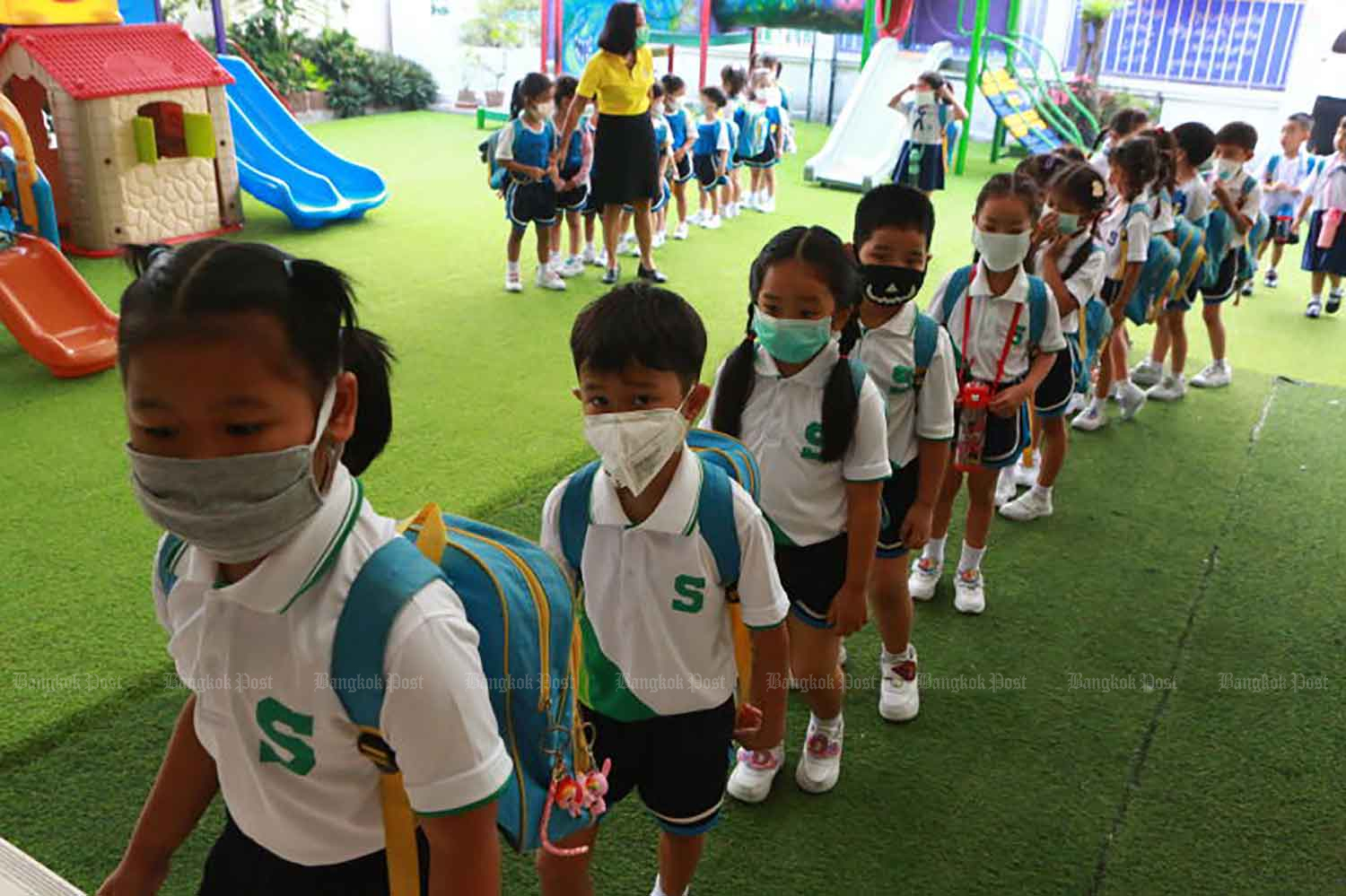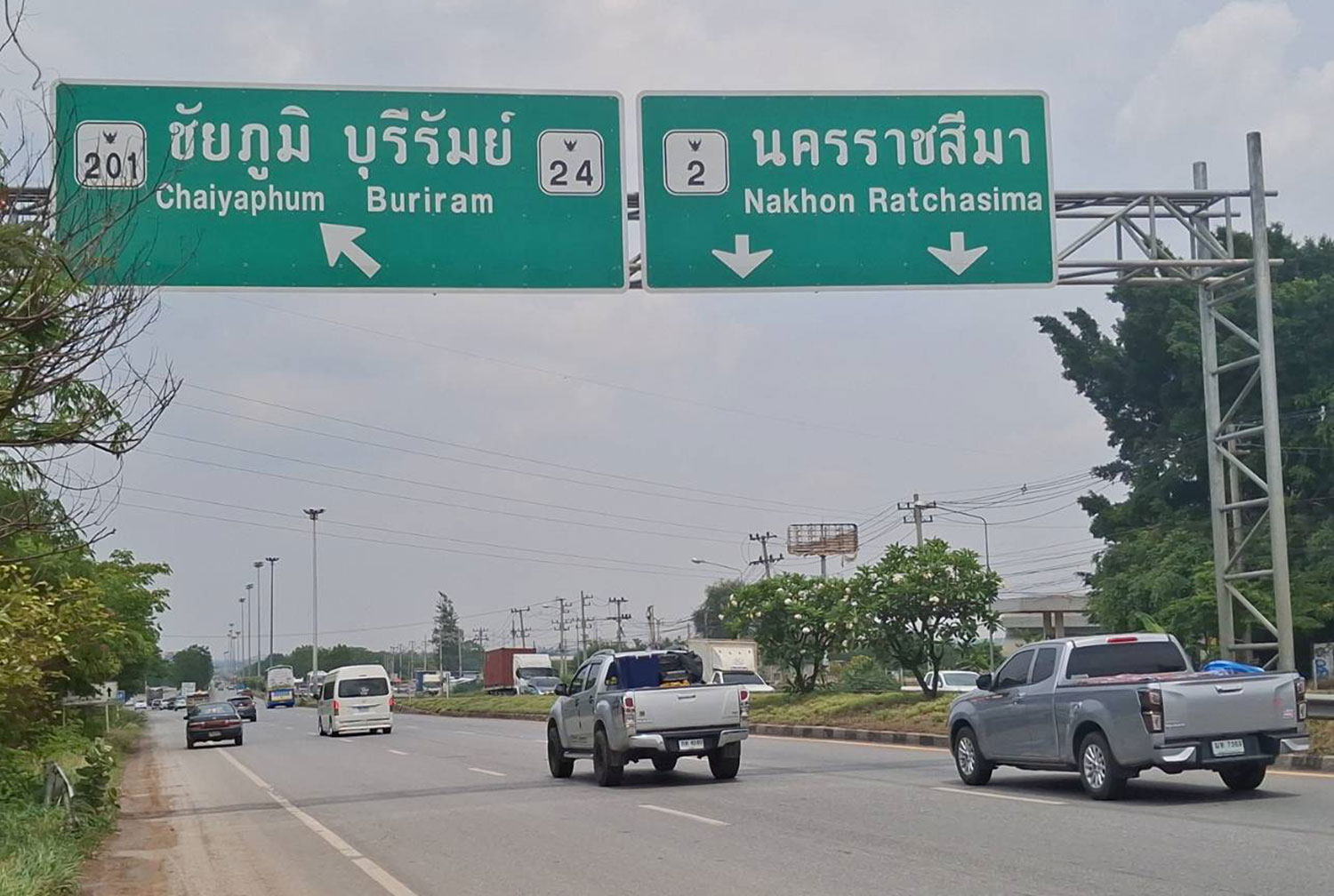Schools Shut Down Amid Deteriorating Air Quality
Rising Pollution Levels Prompt Urgent Action
In response to alarming air quality levels, authorities in major cities, including New Delhi and Singapore, have mandated the closure of all primary and secondary schools. This decision aims to protect students from the adverse health effects associated with hazardous air conditions. The National Environment Agency (NEA) has reported that air quality may reach hazardous levels, prompting swift action from educational and governmental bodies to ensure the safety of children.
Health Risks Associated with Poor Air Quality
The impact of poor air quality on health is significant, particularly for children. Studies indicate that exposure to high levels of pollution can lead to respiratory issues, decreased academic performance, and increased absenteeism. The American Lung Association emphasizes that clean air is crucial for a healthy learning environment, as pollutants can cause various health problems, including allergies and asthma.
Transition to Online Learning
Shift to Virtual Classes
As schools close their physical doors, many institutions are transitioning to online learning formats. In New Delhi, for instance, all primary schools will conduct classes virtually until further notice. This shift aims to minimize disruption while safeguarding students’ health during this environmental crisis.
Measures to Combat Air Pollution
Authorities are implementing additional measures to combat the pollution crisis. In New Delhi, non-essential construction activities have been halted, and residents are urged to limit outdoor exposure, especially vulnerable groups such as children and the elderly. Furthermore, efforts are underway to apply dust suppressants on roads and enhance street cleaning operations.
Community Response and Awareness
Educating Students and Parents
Schools are taking proactive steps to educate students and parents about the importance of air quality and its impact on health. Initiatives include awareness camps and information sessions aimed at fostering a better understanding of how pollution affects daily life and academic performance.
Long-Term Solutions Needed
While immediate actions address current air quality issues, experts stress the need for long-term solutions that improve overall environmental conditions. This includes enhancing indoor air quality in schools through better ventilation systems and regular maintenance practices. Research shows that good indoor air quality correlates with improved student performance and attendance rates. In conclusion, as cities grapple with deteriorating air quality, the closure of schools serves as a necessary measure to protect public health. The shift towards online education reflects an adaptive approach in challenging times while highlighting the urgent need for comprehensive strategies to tackle pollution effectively.









